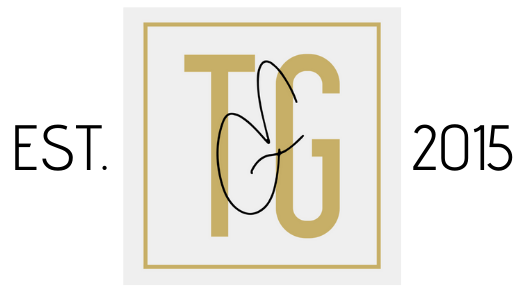What You Need Give Up to Find True Happiness
Tarah Avery
Growing up I never felt that I was “enough.”
I know I’m not the only one.
I’ve been reading this book called The Pilgrimage of a Soul. I’ve only gotten through the first chapter because I am trying to challenge myself not to speed through books just for the sake of reading them but to actually absorb what I’m reading. ⠀
In the first chapter, I was introduced to Thomas Keating’s 3 Programs of Happiness, which are 3 basic instinctual needs that are part of us all. Most of us try to find our happiness by overidentifying with one of these over the others:
1. Power & Control.
Do you ever experience anxiety or have an overemotional reaction to a situation or relationship?
Then you probably identify most with Power & Control and long to find your happiness in the direction that your life (or others) is headed.
2. Affection & Esteem.
Perhaps if you’re like me, throughout your life you’ve identified mostly with Affection & Esteem. You want to find your happiness through others. You long to fit in or want people to like you so you wear whichever “mask” will accomplish this. When push comes to shove you throw out your values and go with the flow because it’s what everyone else is doing.⠀
3. Security & Survival.
Or possibly you are the “what if” person, someone who clings to playing it safe because you cannot fathom not knowing the outcome of something. So you wait and when it’s safe, you step out. You probably relate the most with Security & Survival.
You are tempted to find your happiness through something like a secure job with a good, consistent paycheck.
We are all continuously on a journey of getting to know who we are – the women and men that God made us to be. But along the way, we can get lost. We forget to trust God with our whole lives and start to take the wheel for ourselves.
And to get “back on track” we need to find self-awareness of which areas we are holding onto rather than surrendering to our Father Yahweh. Practicing self-awareness is central to becoming whole and connected with God and others.
There is nothing inherently wrong with these 3 programs; we all identify with each of these in some capacity. But it becomes harmful when we use these to fulfill a longing for happiness that can only be found in Jesus.
As Thomas Keating says,
“None of our relationships ‘outside of the Garden’ will offer us power and control, affection and esteem, and security and survival to the extent that we need.”
One ritual that you can start putting into practice is called contemplative prayer.
The purpose of this practice is to help you dwell, abide, be, or remain in the love of God. Through contemplation, we can confront the darkness of our personal “programs of happiness” and as a result, we open ourselves to the possibilities of experiencing:
⠀
1) Interior Freedom, which replaces the pursuit of power and control.
2) Divine Love, which replaces our craving for affection and esteem of others.
3) Presence of God, which replaces our need for clinging to security and survival.
Author of Pilgrimage of a Soul, Phileena Heuertz, says,
“…Contemplative prayer is a prayer of consent that creates ‘muscle memory.’ It then becomes easier and more natural to consent to God in active life. It’s ‘not a conversation in words but an exchange of hearts’”
Through daily contemplative prayer, even if it’s just 5 minutes, surrendering these built-in programs (or presets) that so easily replace the happiness we find in Jesus, will get easier and easier.
There are a couple of phrases I constantly remind myself of during my times of prayer – “God is God and I am not,” and “God is good.”
Which program of happiness (1, 2, or 3) do you think you most identify with? ⠀
Your Friend,


